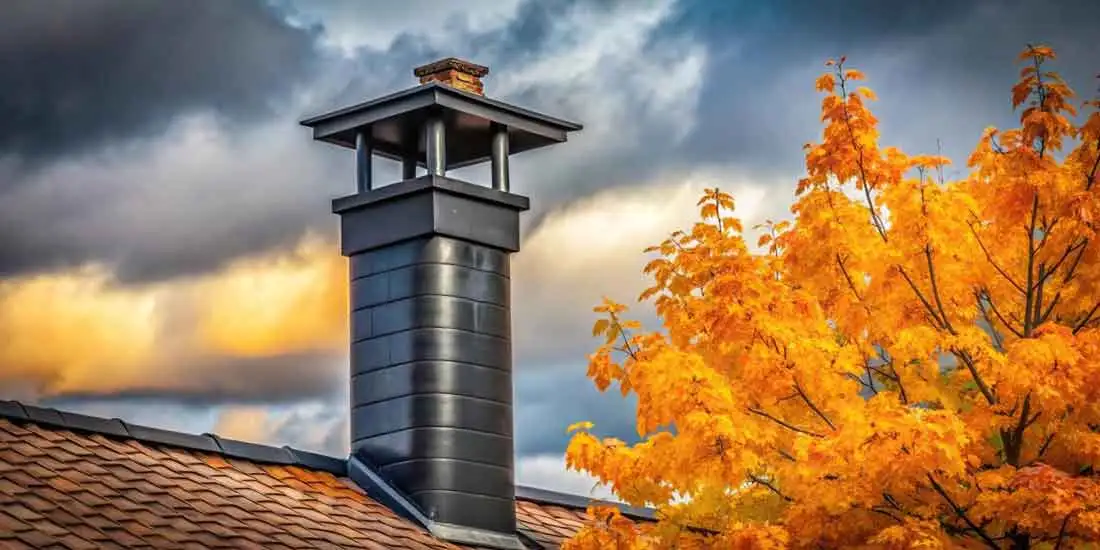Call Us Today

Fireplace Inspection Services
Ensuring safety and efficiency, Fireplace Inspection plays a vital role in maintaining the performance and longevity of your home’s heating system. Weather conditions, moisture, and regular use can cause wear and tear, leading to cracks, leaks, and structural issues in your chimney.
Regular Fireplace Inspection not only prevents costly repairs but also helps safeguard your home from potential fire hazards and harmful gases. By addressing problems early and keeping your chimney in top condition, you ensure efficient airflow, better heating performance, and long-term peace of mind.

What Is a Fireplace Inspection?
A Fireplace Inspection ensures that your fireplace operates safely, efficiently, and in compliance with safety standards. Over time, soot, cracks, and wear can affect the performance and safety of your fireplace. A professional inspection helps detect hidden issues like smoke leakage, poor ventilation, or structural damage before they turn into major problems.
By scheduling regular fireplace inspections, you maintain proper airflow, prevent potential fire hazards, and ensure your fireplace provides reliable warmth and comfort all year round.
Why Is Fireplace Inspection Important?
Chimneys face a variety of challenges across the country due to weather conditions, wildlife, and natural wear and tear. Regular Fireplace Inspection plays a vital role in keeping your chimney system safe, efficient, and long-lasting. Here’s why it matters:
-
Protection from Weather: Rain, snow, and humidity can damage your chimney system over time. Fireplace Inspection helps prevent water intrusion, rust, decay, and mold, preserving the chimney’s structural integrity.
-
Animal Prevention: Wildlife such as birds, squirrels, and raccoons often find their way into chimneys. These animals can build nests and block airflow, creating fire hazards. Fireplace Inspection prevents animal entry and keeps your chimney system safe.
-
Improved Indoor Air Quality: Strong winds and downdrafts can push smoke and carbon monoxide back into your home, compromising safety and comfort. Fireplace Inspection helps reduce this risk and ensures proper ventilation.
-
Debris Protection: Falling leaves, twigs, and other debris can clog the chimney flue and reduce airflow. Fireplace Inspection prevents blockages, improves efficiency, and lowers the risk of chimney fires.
Benefits of Fireplace Inspection
Enhanced Safety
One of the primary benefits of Fireplace Inspection is improved safety. Unmaintained or damaged chimney systems can lead to house fires, carbon monoxide leaks, or exposure to harmful toxins. Regular service reduces these risks significantly.
Prevention of Water Damage
Chimneys are exposed to rain, snow, and humidity year-round. Services like Fireplace Inspection help seal or repair vulnerable areas, preventing costly water damage to the chimney, fireplace, or adjacent roofing structures.
Improved Heating Efficiency
Whether you're using a wood-burning stove or a gas fireplace, professional Fireplace Inspection ensures that your system is working at peak performance. This means better heat output, reduced energy consumption, and lower utility bills.
Extended Lifespan of Components
Regular inspections, maintenance, and repairs like Fireplace Inspection protect your investment by extending the lifespan of expensive components such as liners, caps, and dampers. This reduces the need for frequent replacements and major repairs.
Better Air Quality
Chimneys and vents that are not properly serviced can accumulate creosote, mold, or soot, negatively impacting indoor air quality. By scheduling Fireplace Inspection, you’re keeping the air in your home healthier and safer for your family.
Code Compliance & Property Value
Professional Fireplace Inspection ensures that your chimney or fireplace meets safety and building code standards, which is important if you're planning to sell your home or undergo renovations. A properly maintained fireplace or chimney also adds to your home’s aesthetic appeal and resale value.
FAQs


